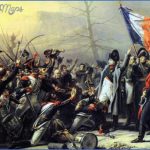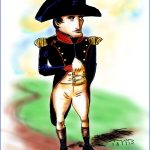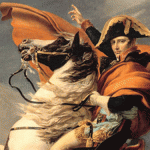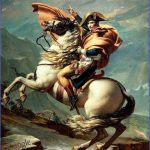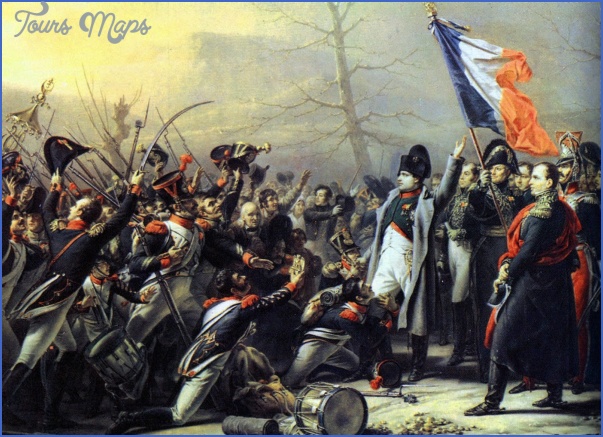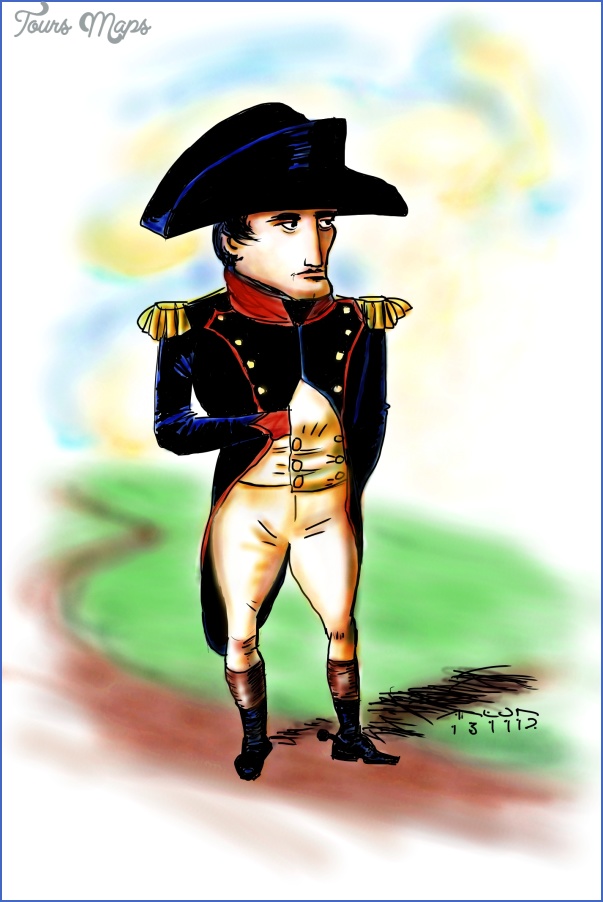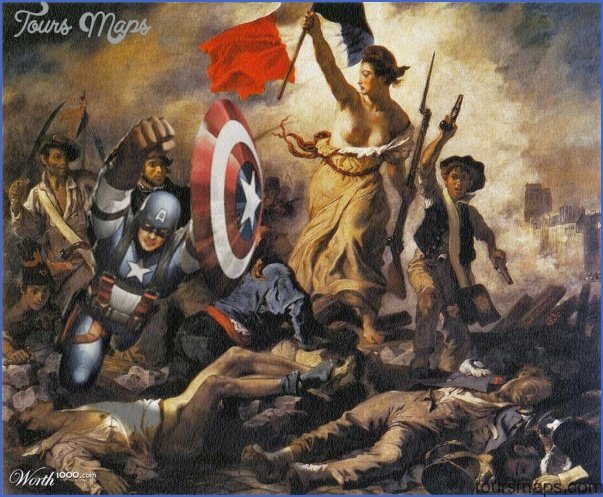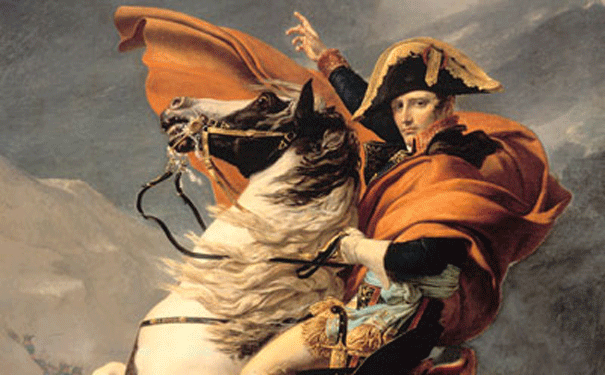FRENCH REVOLUTION AND NAPOLEON
Unfortunately, these utopian ideals didn’t halt sparring monarchies. In the War of the Spanish Succession (1701-1714), Austria and Britain went to war to keep Louis XIV’s son, Philip V, from the Spanish throne. This was settled by the Treaty of Utrecht, which allowed Philip to take the throne but forbade him from merging the empire with France. The Seven Years’ War (1756-1763) saw Austria and France ally to fight Prussia and Britain over colonies. War eventually spread to North America, the Caribbean, and India, hinting at the impending wave of imperialism.
FRENCH REVOLUTION AND NAPOLEON (1789 1814)
Louis XIV’s full ascension to the French throne in 1661 ushered in an era of aristocratic absolutism and excess, perhaps best exemplified by the 14,000-room palace of Versailles. Prompted by a financial crisis and a disgruntled population, Louis XVI called the first (and last) assembly of the Estates General in over 175 years. The assembly was constituted of representatives from France’s three classes: Nobility, clergy, and the common people. From this organization, the populace broke away, declaring itself the National Assembly. In the midst of this political chaos, the radical Jacobin faction seized control. They quickly abolished the monarchy and declared France a Republic, storming the Bastille prison on July 14, 1789 to symbolically demonstrate the overturn of the old regime. Yet social order remained elusive. The Directory, a representative government established in 1794, lasted only five years; meanwhile, citizens found themselves subject to the Terror, a radical phase of the Revolution in which potential enemies of the cause were summarily dispensed by Madame Guillotine. Into this political vacuum stepped a little man with a big ego, Napoleon Bonaparte. Napoleon’s claim to fame was his military success in Egypt and Italy. In 1804, he deposed the Directory and declared himself Emperor and consul for life.
Soon after his assent, Bonaparte codified the Napoleonic Code (a direct result of the Age of Enlightenment ideals), which defined property rights, declared all people equal before the law, and affirmed religious freedoms. Seeking to expand his control, Napoleon abolished the Holy Roman Empire and dismembered Prussia; by 1810, most of Europe was either annexed by or allied to France. After wars with Britain and Spain, Napoleon’s Grand Army was disastrously defeated in Russia in 1812, after which he abdicated and was sent into exile on Elba. Bourbon rule was restored in France in 1814 under Louis XVIII, but the Congress of Vienna in 1814 left France without Napoleon’s land acquisitions.
FRENCH REVOLUTION AND NAPOLEON Photo Gallery
Maybe You Like Them Too
- Explore Southgate, Michigan with this detailed map
- Explore Les Accates, France with this Detailed Map
- Explore Góra Kalwaria, Poland with this detailed map
- Explore Gumdag, Turkmenistan with this detailed map
- Explore Telfes im Stubai, Austria with this detailed map

